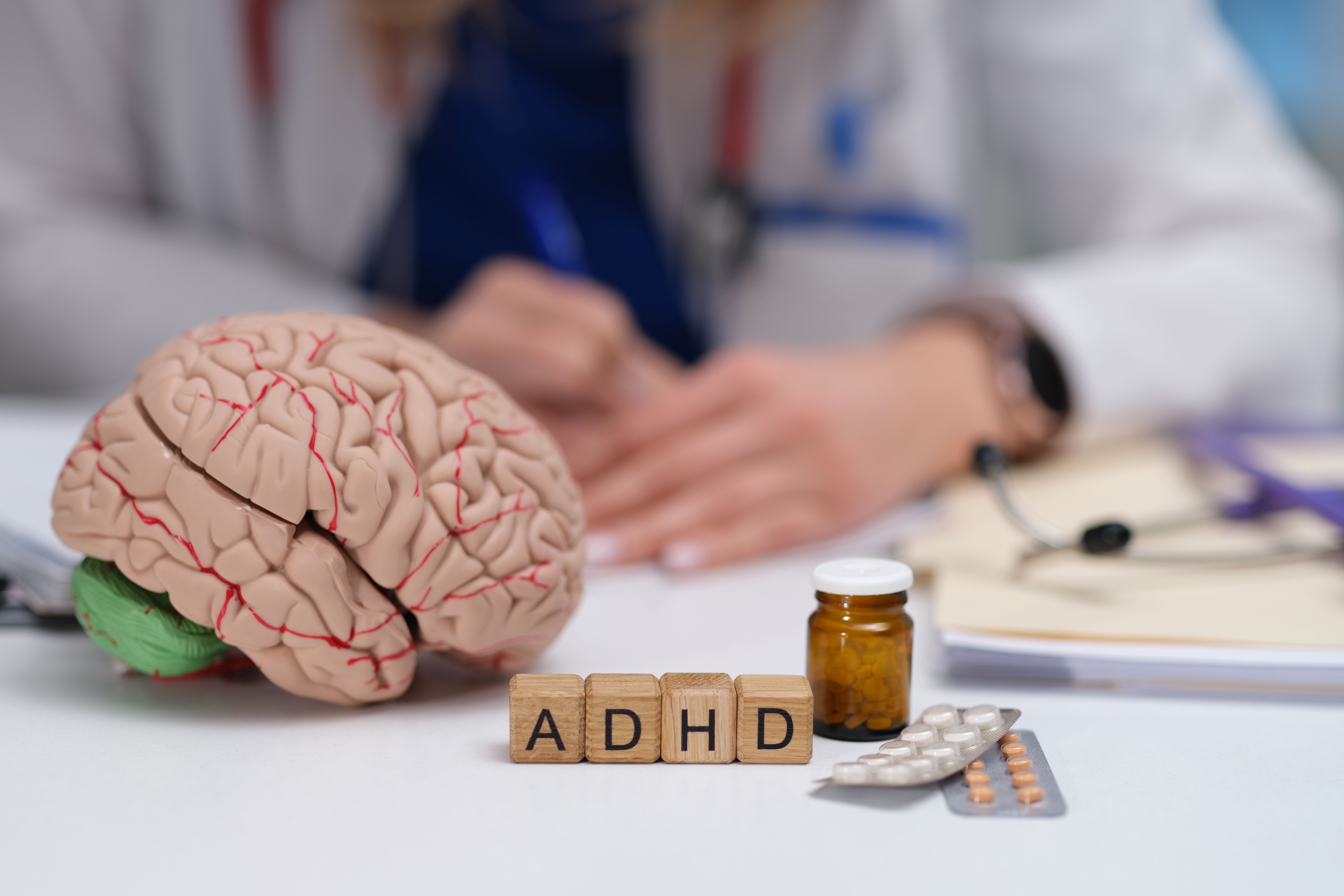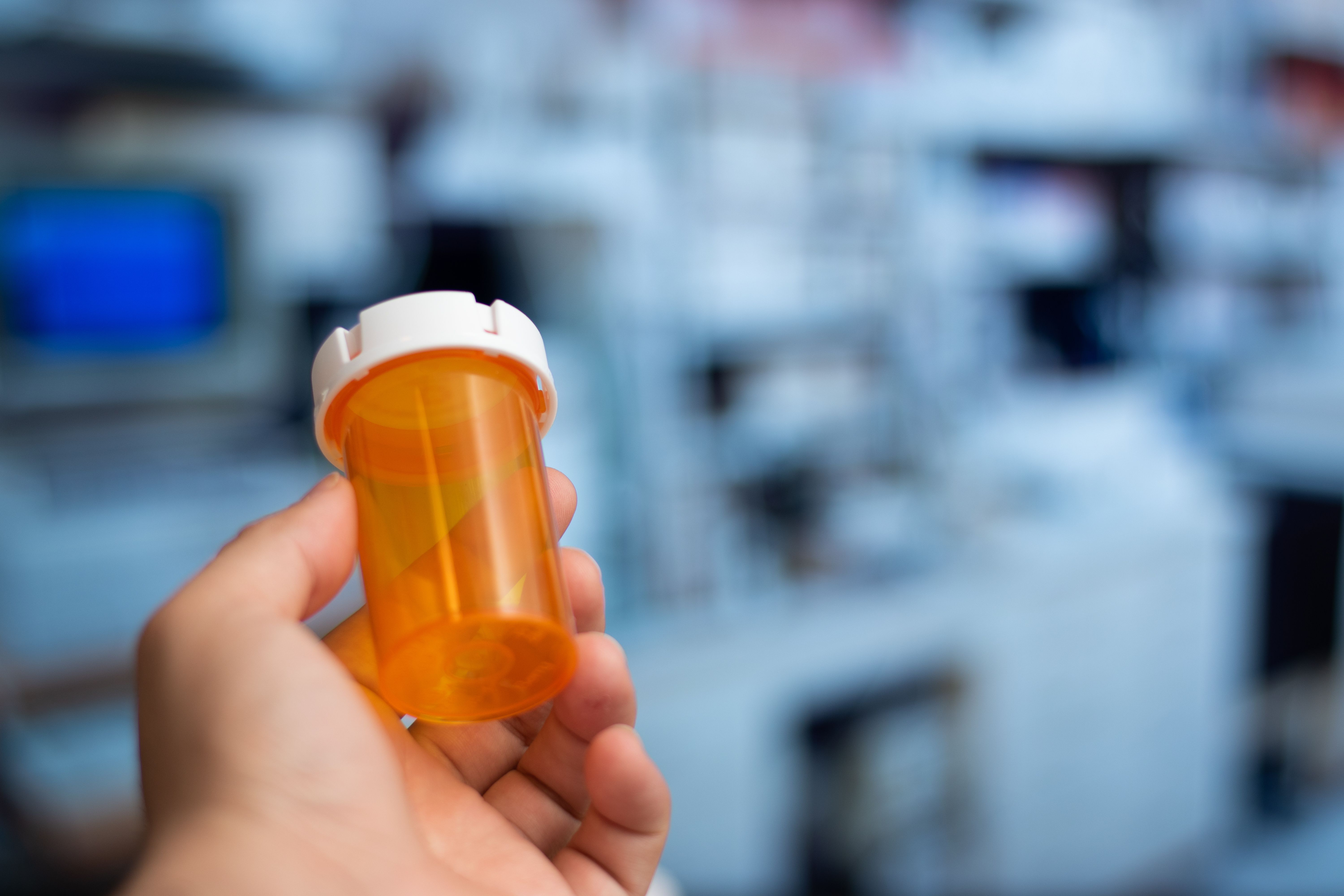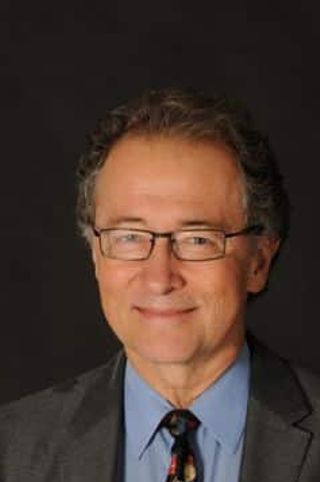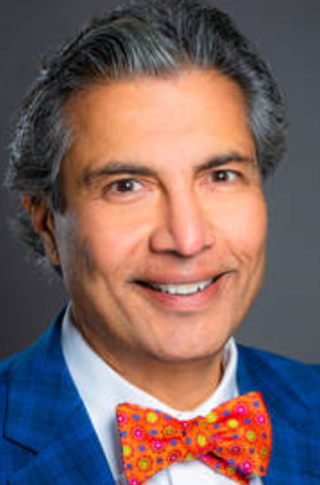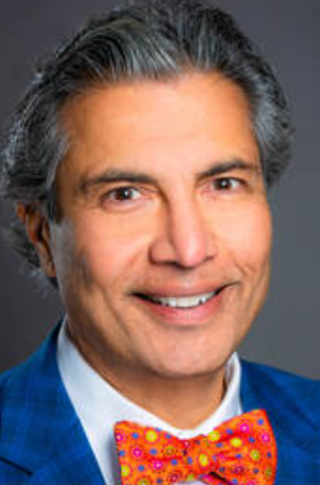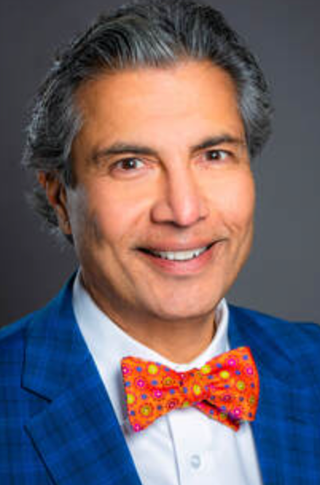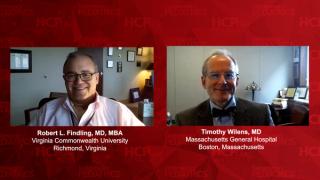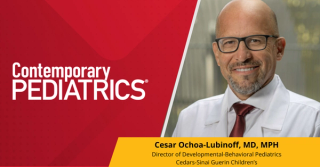
ADHD
Latest News
Latest Videos

Podcasts
CME Content
More News

View our Q1 2025 recap of standout pediatric news from FDA regulatory updates, clinical trial results, and expert commentary.
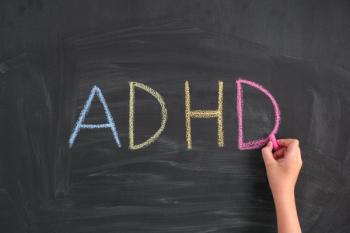
Results will be included an a final analysis of safety and efficacy data for CTx-1301, which will be included in a NDA submission with the FDA, stated Cingulate Inc.

"My takeaway is that if medicine is needed, stimulants will be my first choice in this age group, regardless of whether the ADHD coexists with ASD."

Digital therapeutics help kids build emotional regulation and coping skills, supporting pediatric care while waiting for specialized mental health services.

Get caught up with our journal! Review some of the top stories from the Contemporary Pediatrics website over the last week, and catch up on anything you may have missed.
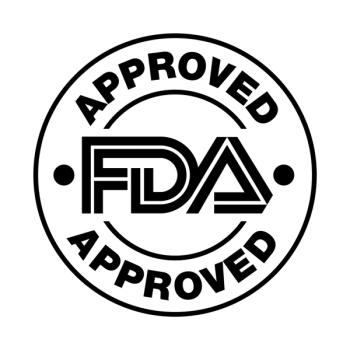
The once daily extended-release oral suspension with nighttime dosing is approved to treat ADHD as a monotherapy or as an adjunctive therapy to approved CNS stimulant medications.

Adolescent borderline personality disorder linked to high risk of ADHD, schizophrenia in later years
New international findings show BPD diagnosis in teenaged years may be a critical indicator of subsequent mental disorder into young adulthood.
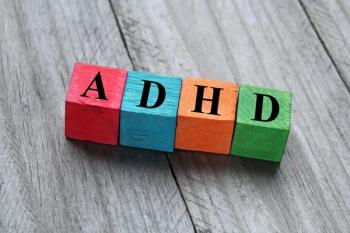
According to a recent study, young adults (aged 18-19 years) discontinue ADHD medication the most, compared to younger children.

To assess the role of familial factors, investigators analyzed data for a family-based group created from another Swedish national register that included 833,172 individuals without ADHD with different levels of relatedness to the individuals with ADHD and a group of matched controls.

Review some of the top stories from the Contemporary Pediatrics website over the last week, and catch up on anything you may have missed.

Researchers hope a new study will alleviate patients and clinicians fear of prescribing stimulants for children with ADHD.

In a recent study, positive safety and efficacy outcomes for serdexmethylphenidate/dexmethylphenidate (SDX/d-MPH; Azstarys; KemPharm) were found in children aged 6 years and older with attention-deficit/hyperactivity disorder (ADHD).

A recent study found that the risk of cardiovascular diseases was not significantly greater in patients taking medications for attention-deficit/hyperactivity disorder (ADHD), but investigators were not able to rule out a mild risk increase.

A recent study found that while children exposed to benzodiazepine during pregnancy had a greater risk of developing autism spectrum disorder (ASD) and attention-deficit/hyperactivity disorder (ADHD), siblings without exposure saw similar risks of neurodevelopmental disorders.
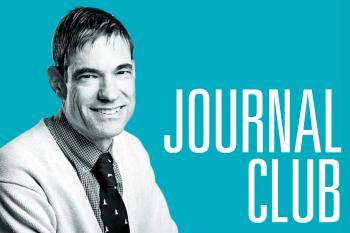
Lisdexamfetamine dimesaylate was associated with reduced ADHD symptoms in children aged 4 to 5 years.
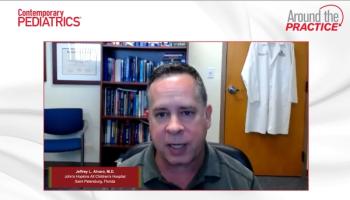
Jeffrey L. Alvaro, M.D., introduces an upcoming panel discussion surrounding the clinical implications of novel drug delivery systems in the management of Pediatric ADHD, utilizing 3 patient cases.
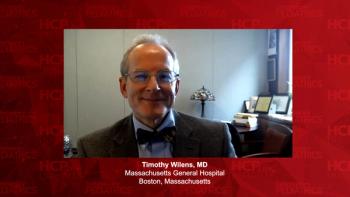
Robert L. Findling, MD, MBA, and Timothy Wilens, MD, consider the dosing and adherence challenges that arise in pediatric ADHD, as well as the potential benefits and damages of patients taking a break from treatment.
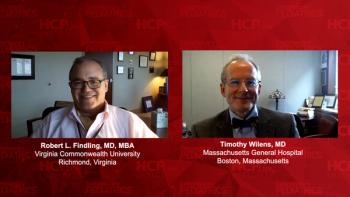
Experts in psychiatry discuss strategies for titrating to optimal doses for patients with pediatric ADHD.
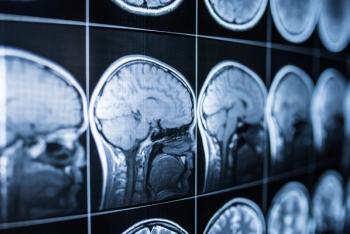
MRI studies have associated white matter bundles with greater severity of ADHD symptoms.

Robert L. Findling, MD, MBA, and Timothy Wilens, MD, provide an overview of available treatment options for patients with pediatric ADHD.

Experts in psychiatry review the differences between pharmacological therapy and nonpharmacological therapy as well as the criteria to start a patient on medication.

Teenagers with ADHD were less likely to engage in long glances away from the road after taking a computerized skills-training program, reducing the risk of collisions.

They also found no statistically significant associations found for specific cardiovascular outcomes in relation to cardiac arrest or arrhythmias, cerebrovascular diseases, or myocardial infarction.

The strongest confounders were family income, caregiver education, and ADHD polygenic risk scores for ADHD clinical range diagnoses.

Robert L. Findling, MD, MBA, and Timothy Wilens, MD, share their thoughts on treatment considerations with the patient’s family in pediatric ADHD.


